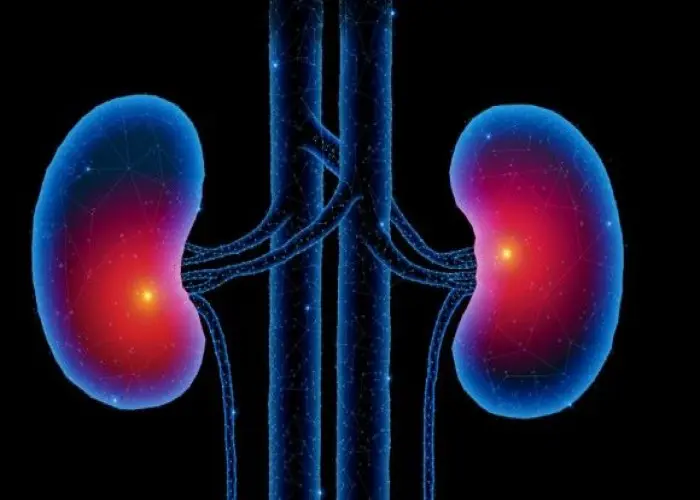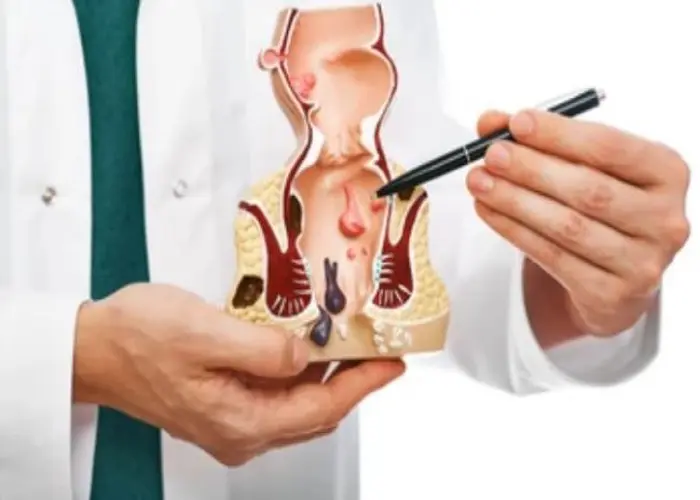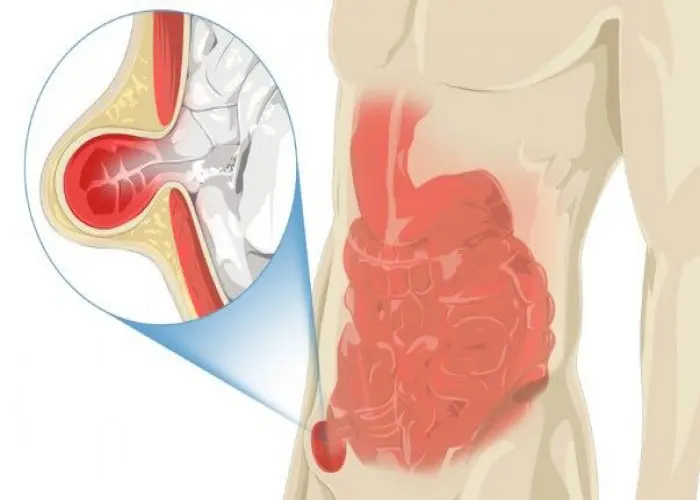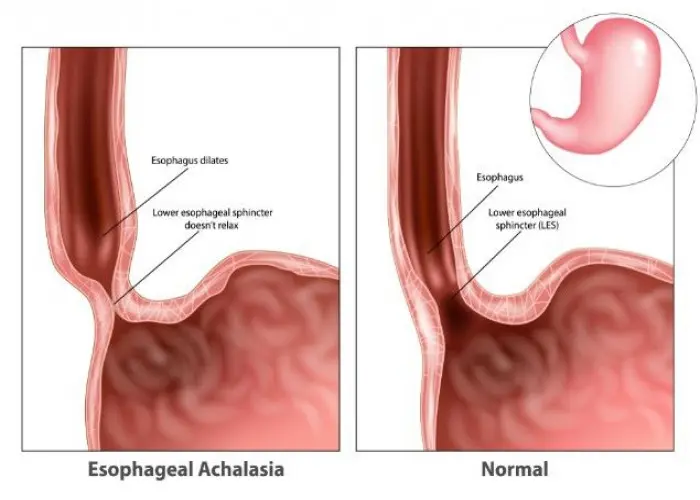 Welcome
Welcome
“May all be happy, may all be healed, may all be at peace and may no one ever suffer."
Hypopituitarism

Hypopituitarism is a medical condition in which the pituitary gland does not produce enough hormones. The pituitary gland is a small gland located at the base of the brain that produces hormones that control various bodily functions.
Hypopituitarism can be caused by damage to the pituitary gland from surgery, radiation therapy, traumatic brain injury, or certain infections. Genetic factors can also play a role. Symptoms of hypopituitarism can vary depending on which hormones are affected but may include fatigue, weight gain, low blood pressure, and sexual dysfunction.
Treatment for hypopituitarism may involve hormone replacement therapy to help restore normal hormone levels. This may include medications to replace thyroid hormones, cortisol, and sex hormones. In some cases, growth hormone replacement therapy may also be necessary to help promote normal growth and development.
It is important for people with hypopituitarism to work closely with their healthcare provider to manage the condition and prevent complications. If left untreated or poorly managed, hypopituitarism can lead to serious complications, including adrenal crisis, diabetes insipidus, and growth and developmental delays.
If you or someone you know is experiencing symptoms of hypopituitarism, it is important to speak with a healthcare provider for an accurate diagnosis and appropriate treatment.
Research Papers
Disease Signs and Symptoms
- Fatigue (Tiredness)
- An inability to produce milk for breast-feeding
- Excessive thirst
- Frequent urination
- Nausea or vomiting
- Low blood pressure (hypotension)
- Constipation
- Dry skin
- Rapid weight gain
- Hair loss
- Poor social skills
- Body fat composition change
- Muscle weakness
- Sensitivity to cold or difficulty staying warm
Disease Causes
Hypopituitarism
Hypopituitarism has a number of causes. In many cases, hypopituitarism is caused by a tumor of the pituitary gland. As a pituitary tumor increases in size, it can compress and damage pituitary tissue, interfering with hormone production. A tumor can also compress the optic nerves, causing visual disturbances.
In addition to tumors, certain diseases or events that cause damage to the pituitary gland may also trigger hypopituitarism. Examples include:
- Head injuries
- Brain surgery
- Radiation treatment to the head or neck
- Lack of blood flow to the brain or pituitary gland (stroke) or bleeding (hemorrhage) into the brain or pituitary gland
- Certain medications, such as narcotics, high-dose corticosteroids or certain cancer drugs called checkpoint inhibitors
- Inflammation of the pituitary gland caused by an abnormal immune system response (hypophysitis)
- Infections of the brain, such as meningitis, or infections that can spread to the brain, such as tuberculosis or syphilis
- Infiltrative diseases, which affect multiple parts of the body, including sarcoidosis, an inflammatory disease occurring in various organs; Langerhans cell histiocytosis, in which abnormal cells cause scarring in numerous parts of the body; and hemochromatosis, which causes excess iron deposits in the liver and other tissues
- Severe loss of blood during childbirth, which may cause damage to the front part of the pituitary gland (Sheehan's syndrome or postpartum pituitary necrosis)
In some cases, hypopituitarism is caused by a genetic mutation (inherited). These mutations affect the pituitary gland's ability to produce one or more of its hormones, often starting at birth or in early childhood.
Tumors or diseases of the hypothalamus, a portion of the brain situated just above the pituitary, also can cause hypopituitarism. The hypothalamus produces hormones of its own that directly affect the activity of the pituitary gland.
In some cases, the cause of hypopituitarism is unknown.
Disease Prevents
Disease Treatments
The first step in treating hypopituitarism is often medication to help your hormone levels return to normal. This is usually called hormone replacement, because the dosages are set to match the amounts that your body would produce if it didn't have a pituitary problem. You may need to take the medication for the rest of your life.
In some cases, treatment of the condition causing hypopituitarism may lead to a complete or partial recovery of your body's ability to produce pituitary hormones.
Medications
Hormone replacement medications may include:
- Corticosteroids. These drugs, such as hydrocortisone (Cortef) or prednisone (Rayos), replace the adrenal hormones that aren't being produced because of an adrenocorticotropic hormone (ACTH) deficiency. You take them by mouth.
- Levothyroxine (Levoxyl, Synthroid, others). This medication treats the low thyroid hormone levels (hypothyroidism) that a thyroid-stimulating hormone (TSH) deficiency can cause.
- Sex hormones. These include testosterone in men and estrogen or a combination of estrogen and progesterone in women. Testosterone is administered either by injection or through the skin with a patch or a gel. Female hormone replacement can be administered with pills, gels or patches.
- Growth hormone. Also called somatropin (Genotropin, Humatrope, others), growth hormone is administered through an injection beneath your skin. It promotes growth, which helps produce a more normal height in children. Adults with symptoms of growth hormone deficiency also may benefit from growth hormone replacement, but they won't grow taller.
- Fertility hormones. If you've become infertile, gonadotropins can be administered by injection to stimulate ovulation in women and sperm production in men.
Monitoring and adjusting medication
A doctor who specializes in endocrine disorders (endocrinologist) may monitor your symptoms and the levels of these hormones in your blood to ensure you're getting the appropriate amounts.
If you're taking corticosteroids, you'll need to work with your doctor to adjust your medication dosage during times of major physical or emotional stress. During these times, your body would usually produce extra cortisol hormone to help you manage the stress.
The same kind of fine-tuning of dosage may be necessary when you have the flu, experience diarrhea or vomiting, or have surgery or dental procedures. Adjustments in dosage may also be necessary during pregnancy or with marked changes in weight.
Surgery or other procedures
You may need periodic CT or MRI scans to monitor a pituitary tumor or other diseases causing hypopituitarism. Treatment for pituitary tumors may involve surgery to remove the growth. In some cases, radiation treatment or medications are recommended to control the underlying cause.
In case of emergency
If you have hypopituitarism, it's important to wear a medical alert bracelet or pendant and carry a special card notifying others — in emergency situations, for example — of your condition. This is especially important if you're taking corticosteroids for an ACTH deficiency.
Disease Diagnoses
Disease Allopathic Generics
Disease Ayurvedic Generics
Disease Homeopathic Generics
Disease yoga
Hypopituitarism and Learn More about Diseases

Chronic kidney disease

Hamstring injury

Anal fistula

Inguinal hernia

Spinal cord tumor

Esophagitis

Hyperhidrosis

Tetanus
hypopituitarism, হাইপোপিটুইটারিজম
To be happy, beautiful, healthy, wealthy, hale and long-lived stay with DM3S.
